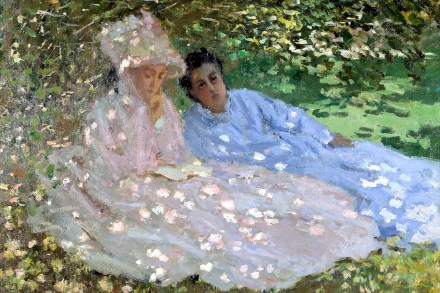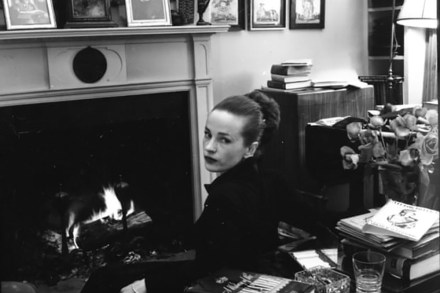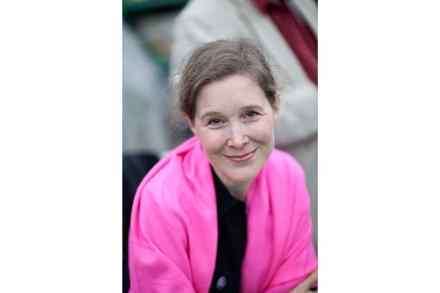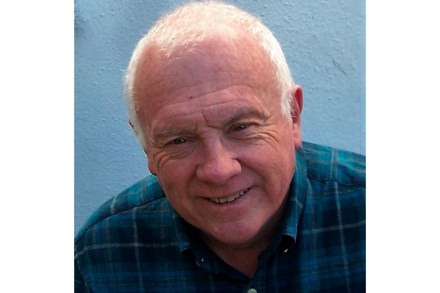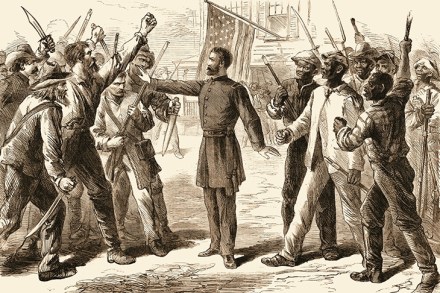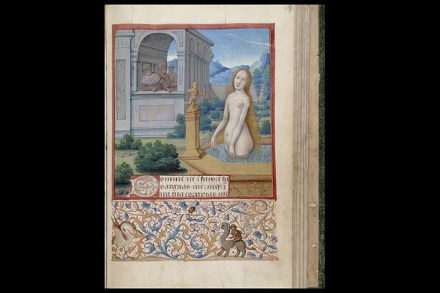Am I ready for Turkey teeth?
My parents both had false teeth. My mother had all her teeth taken out one winter afternoon. I can remember her huddled by the electric fire with a small bowl of blood beside her, mourning their loss. It was a loss not just of teeth but of youth. She can’t have been much over 40.






